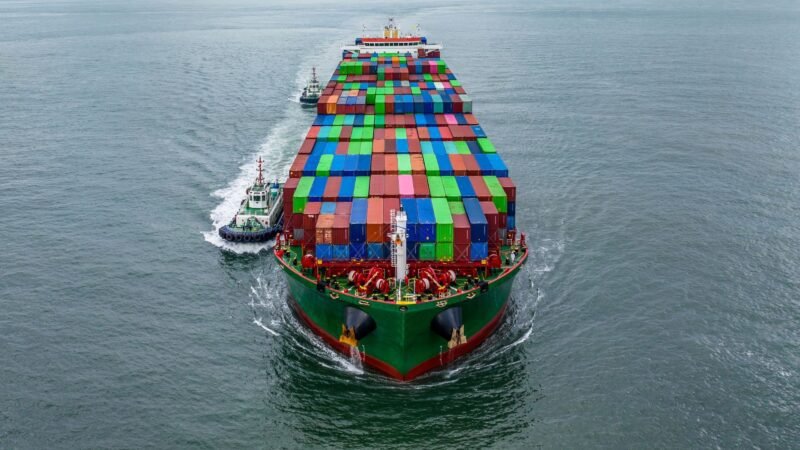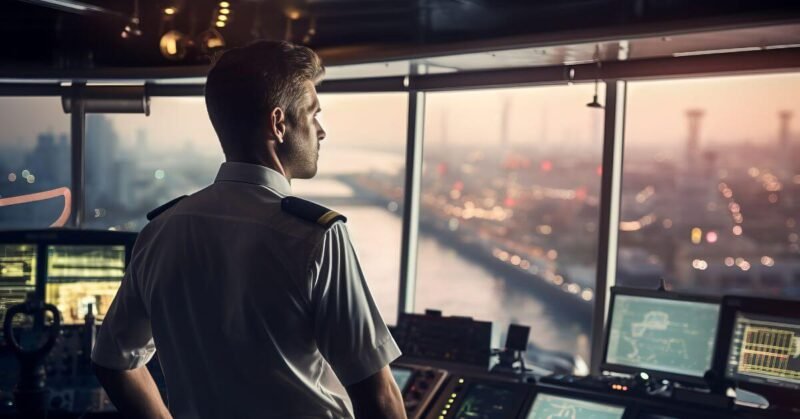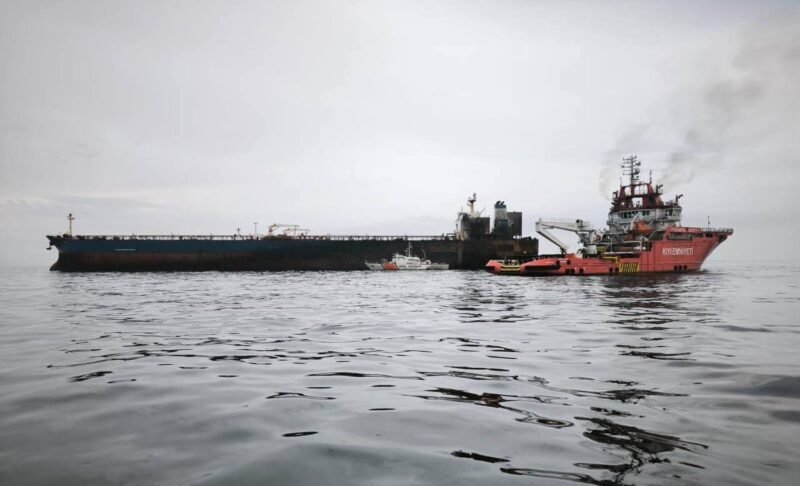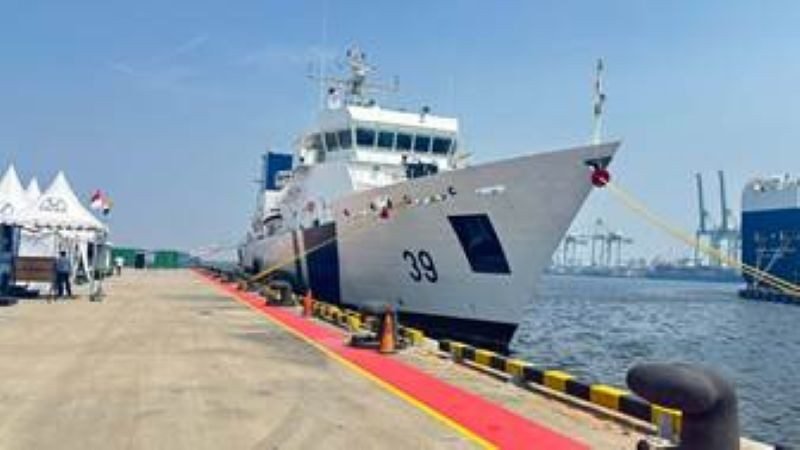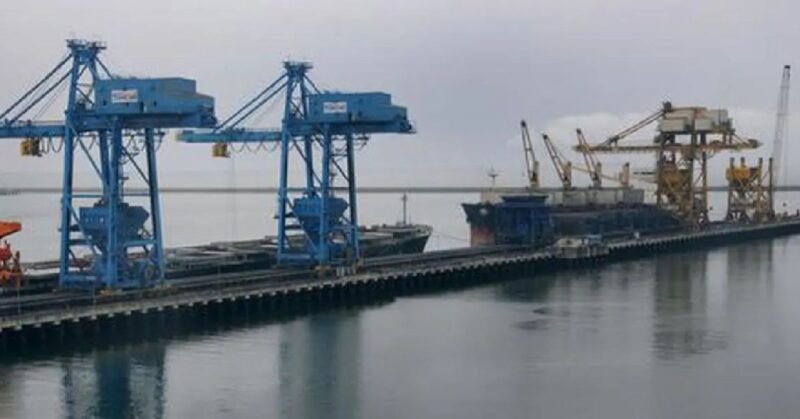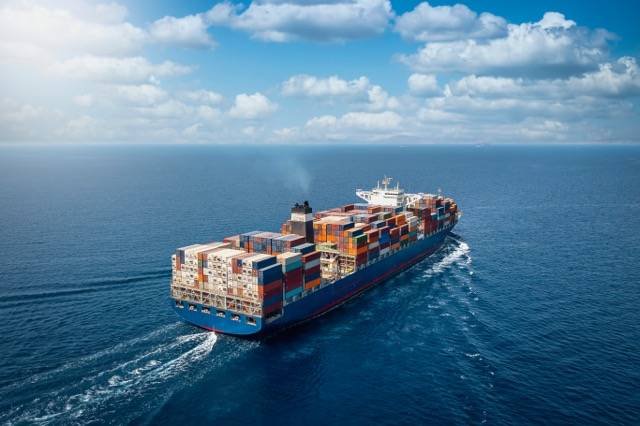Random breathalyser tests could effectively alleviate concerns that new maritime regulations may not sufficiently deter ship operators from being under the influence while at sea, according to Ben Shenton, former Chair of the Jersey Lifeboat Association. During a recent hearing, he emphasized to lawmakers that the mere possibility of random checks could serve as a significant deterrent, even if such tests were infrequent.
The Economic and International Affairs Scrutiny Panel is currently reviewing proposed amendments to the Harbours (Inshore Safety) Regulations, which were initially approved in principle in July. These changes include new offenses related to the reckless operation of vessels, particularly in cases involving serious injury or death, and tougher penalties when alcohol or drugs are a factor. The proposed regulations would empower police and the harbourmaster to request breath tests during investigations of serious incidents.
However, concerns have been raised by Deputy Tadier’s Panel regarding the absence of a specific offense for operating under the influence of alcohol. They argue that this oversight sends a confusing message about acceptable behavior while operating a vessel. Shenton noted that the regulatory framework should consider the difference between professional operators and recreational users, advocating for stricter measures for those in commercial roles.
Panel member Deputy Max Andrews echoed the need for active deterrents, suggesting that enforcement officers should conduct checks on vessels entering and leaving the harbor. Shenton agreed, reiterating that even the threat of infrequent random checks could be enough to promote safer practices among boat operators.
Share it now










